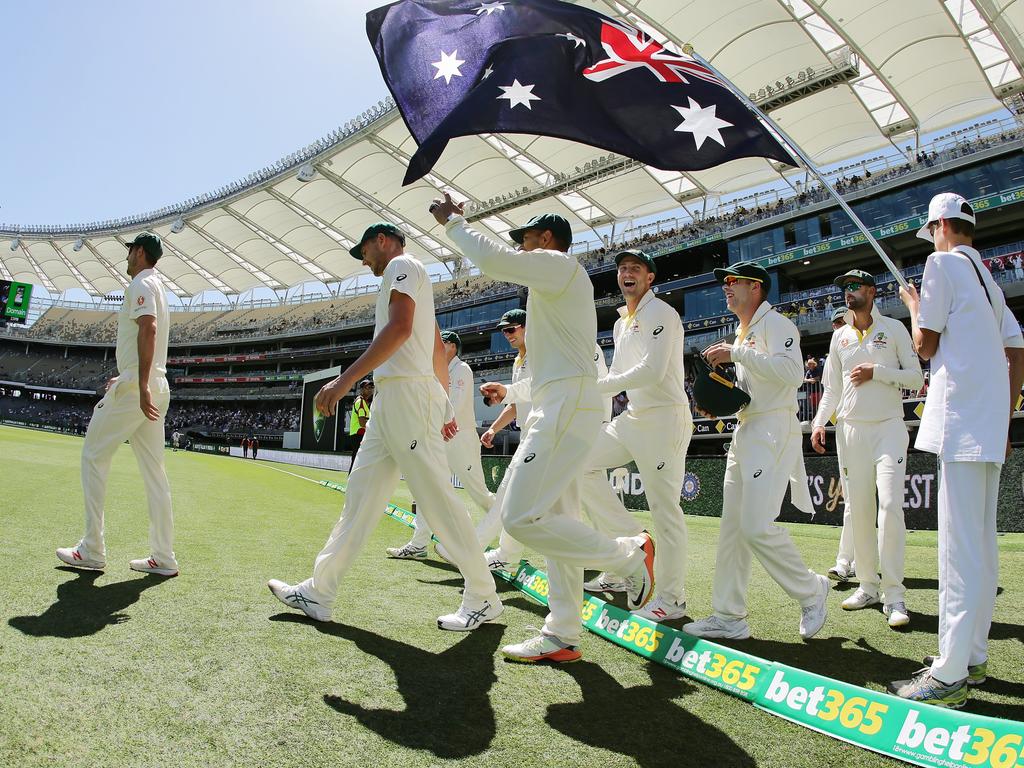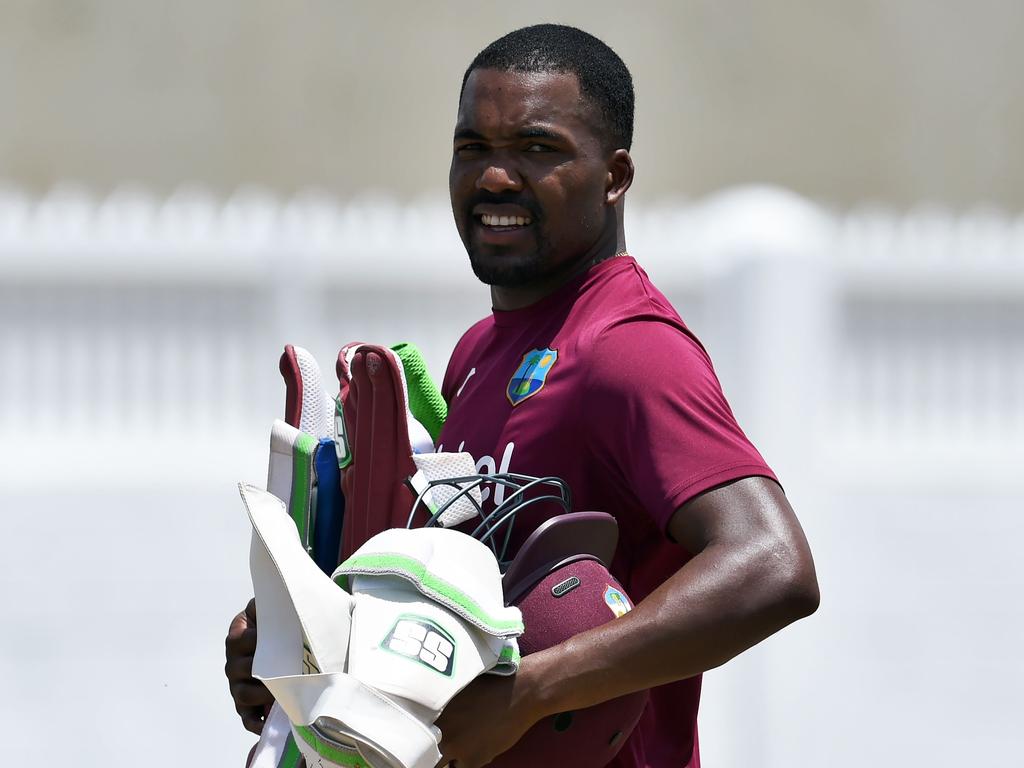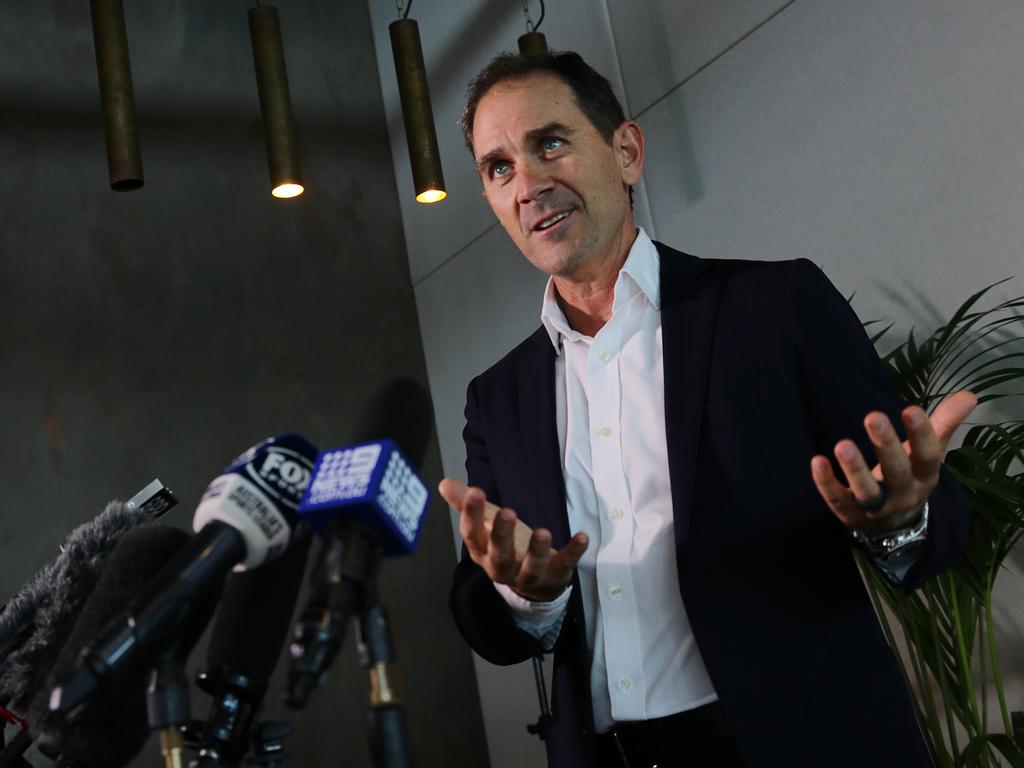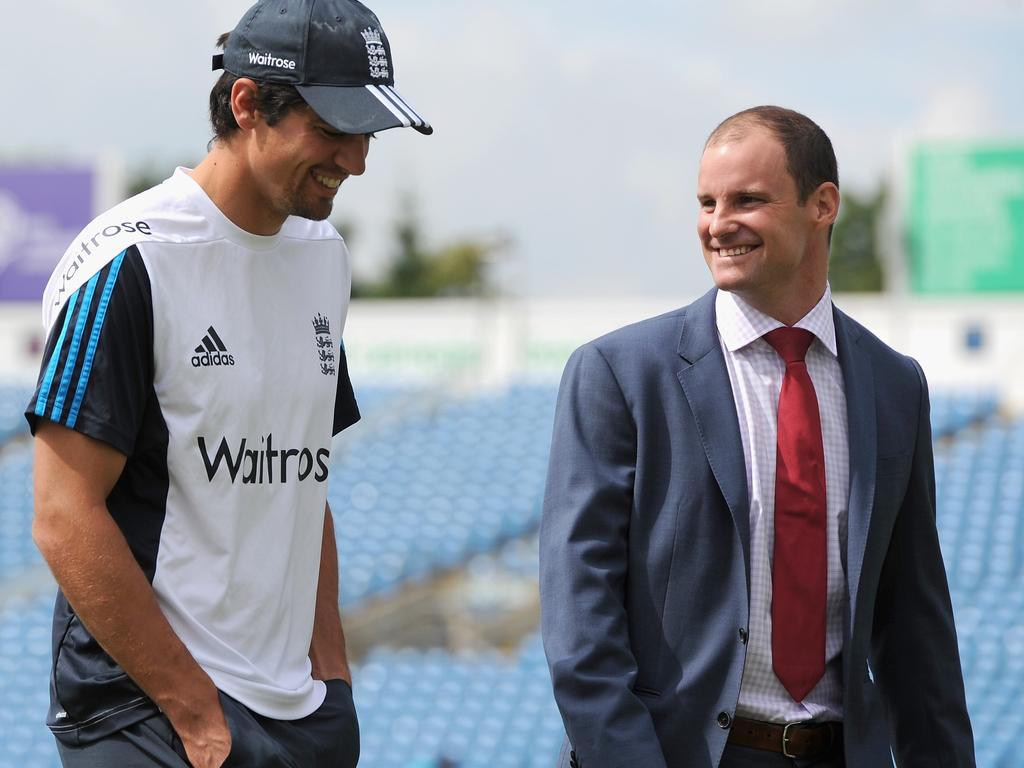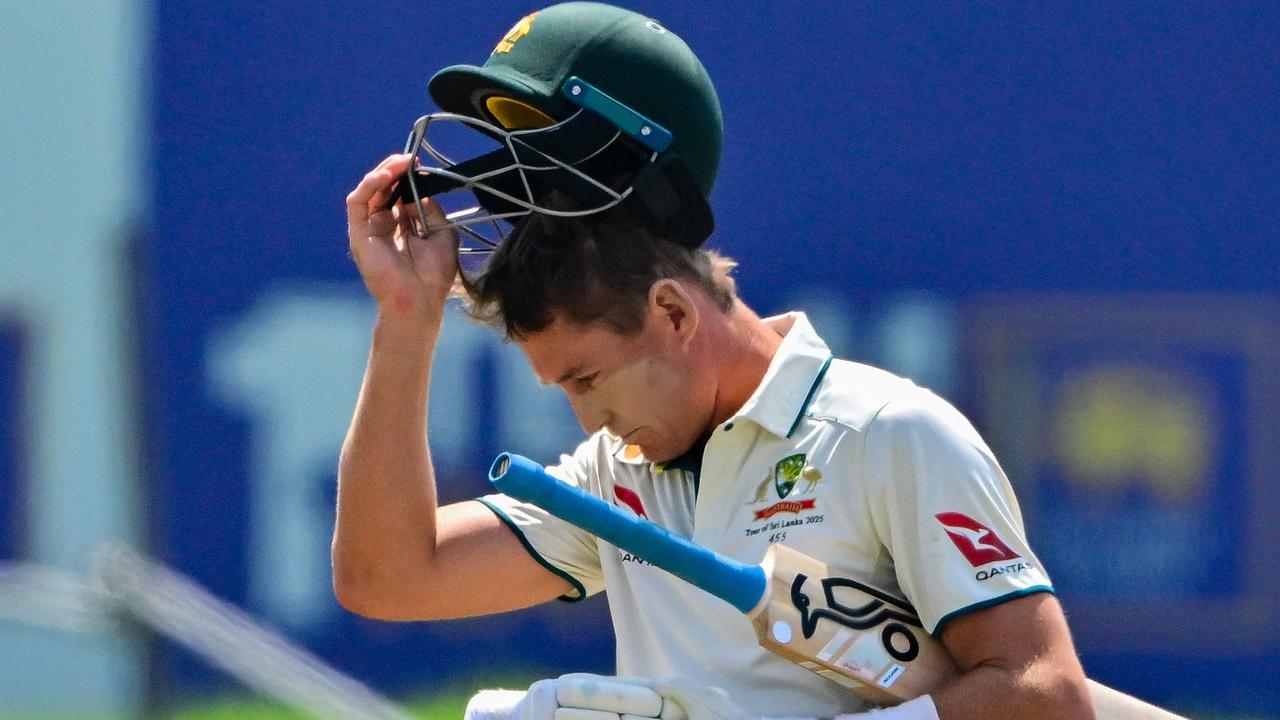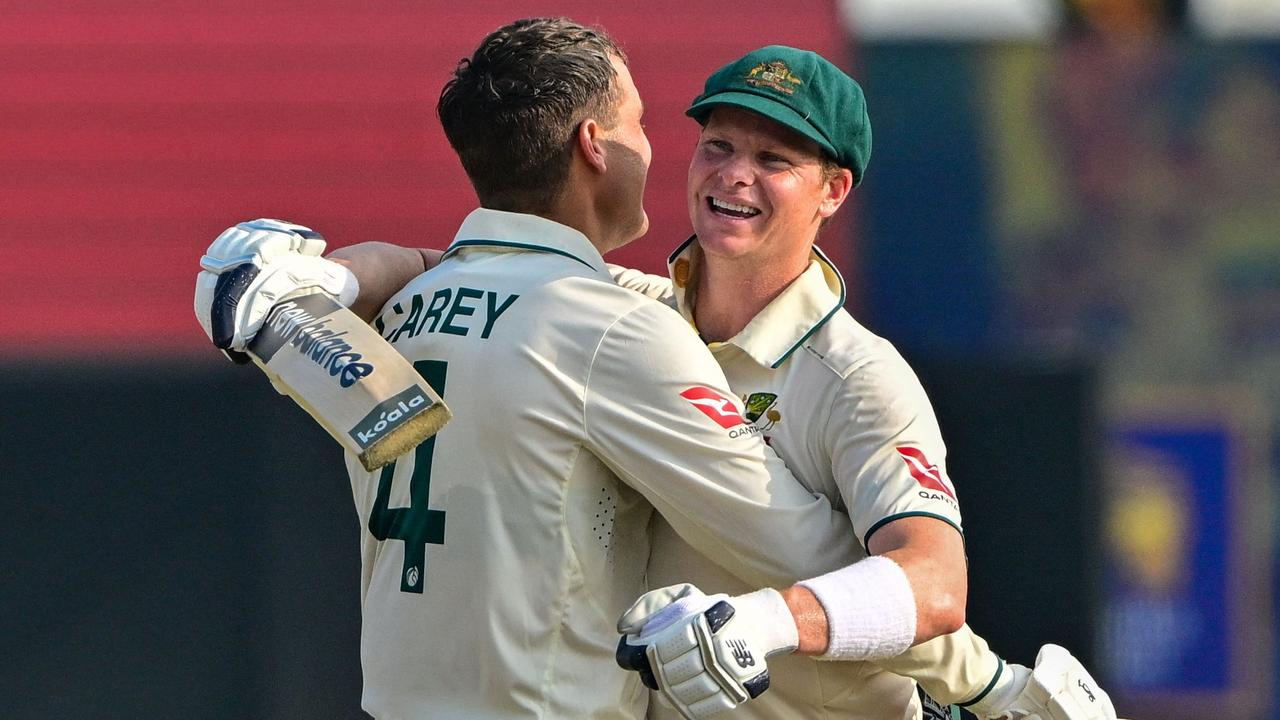Beware, the West Indies are back with fast bowling stocks returning
As they prepare to play England, the menacing West Indies’ fast bowling brigade is back.
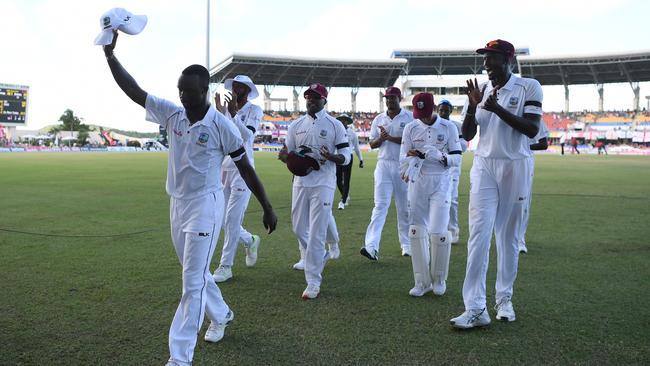
In his book, Cricket: The Game of Life, a stimulating wander through the history and culture of the global game, Scyld Berry focuses initially on Caribbean cricket and — where else? — Barbados. Specifically, on the area around the Garrison Savannah, south of Bridgetown, where inter-island cricket began in the mid-19th century, and the hard, coral rock upon which the pitches were tailored and the matches first played.
Climate and conditions, as much as character, make cricketers who they are and a region’s cricket what it is. The recent resurgence of England’s one-day side and the exuberance of players such as Jos Buttler should have dispelled the notion that Englishmen are inherently more conservative than those of elsewhere once and for all, but the uncovered pitches that prevailed in the early chapters of our history created a certain kind of batsman — wary and cautious — from which reputations and type were forged.
The hard but porous coral stone and hot sun encouraged a certain type of cricketer in Barbados too. Not much point in bowling the kind of nagging cutters with which someone from the north of England, say, might have succeeded on damp pitches, and no need for batsmen to be concerned about the ball deviating from a soft and giving surface. Conditions encouraged fast bowlers and batsmen who could hit freely through the ball, the type of play that has characterised the island’s finest cricketers ever since.
A Barbados XI could take on any World XI and not be overawed and in the chosen combination you would be hard-pressed to pick a defensive batsman or a spinner (although Garfield Sobers would bowl spin too): Gordon Greenidge, Desmond Haynes, Seymour Nurse, the three Ws, Sobers, Malcolm Marshall, Wes Hall, Joel Garner, Charlie Griffith.
Not all territories have Barbados’s natural advantages. The alluvial soil of Trinidad and the low-lying, wet areas of Guyana have produced very different types of cricketers but as the most dominant island in the region, it has been the Barbados way that has come to symbolise Caribbean cricket more than anywhere else. Since 1966, Barbados have won the regional first-class competition on 23 occasions. They are the Caribbean’s equivalent of Yorkshire — with humour attached.
For a while, though, cricket in the Caribbean moved away from what may be called this default setting. For whatever reasons, whether through design or an ageing process of the soil or a loss of knowledge among groundsmen or a loss of confidence as success drained away, pitches across the region lost their pace. Fast bowlers were nullified as a result. Attritional cricket, on slow pitches, with spinners dominating, was as strange to see as it was uncharacteristic.
Does it matter? Does a sporting team need to stay true to a certain style and way of playing? Manchester United’s global reputation under Alex Ferguson soared by returning to the Busby way of local boys playing with flair — not that Jose Mourinho seemed to care. The All Blacks live by a culture to be polished and passed on by each generation. But styles change, too, often to good effect: Brendon McCullum’s New Zealanders became attacking and creative where their predecessors were pragmatic and strategic. India’s success now is driven not by spin but by pace.
Broadly, it helps to have an identity, even if it needs to be open to a pragmatic tweaking from time to time. An identity provides a link with the past, it offers a mooring to cling to in turbulent times and signals a way through the fog. For West Indies, fast bowling has always been its true north and it is encouraging that the compass has now been reset again in the right direction. Fast bowlers are seemingly in the ascendancy once more.
Ian Bishop, the former fast bowler and commentator, noted the shift: “There has been a determined effort to make pitches more seamer-friendly. We changed to Dukes balls as well and (Jason) Holder, (Kemar) Roach and (Shannon) Gabriel have all benefited from that.”
With Roston Chase’s and Rahkeem Cornwall’s spin, West Indies have balance, but by common consent, they also have their strongest squad of fast bowlers since the 1990s, when Curtly Ambrose and Courtney Walsh led the way. The aforementioned Gabriel (coming back from injury, and in the reserve squad), Roach (closing in on 200 Test wickets), Holder and Alzarri Joseph, young and hungry from Antigua, formed the basis for the attack last time these teams met, when England’s batsmen were definitely given the hurry-up.
Guiding them is a man who knows all the depth of fast bowling West Indies once enjoyed. Roddy Estwick, the assistant coach from Barbados, took 141 first-class wickets at under 22 during his first-class career, but opportunities were limited given the competition and a stint with Transvaal ended his top-flight career at home. He is well travelled, knows his stuff and likes what he sees.
He especially likes the look of the youngsters who will keep the established stars honest: Chemar Holder, 22 years old from Barbados and on the back of a successful domestic season; Keon Harding, 23, the same; and Oshane Thomas, 23, strong and fast from Jamaica.
“Fast bowling is the key for us and we are beginning to be blessed again with them — certainly it is the best we’ve had it since the early ’90s,” Estwick said this week.
Regardless of how the tour goes, then, this will be a recognisable West Indies team looking to play to their traditional strengths.
Also worth noting: nine of the 14-man squad are from Barbados and the island won the first-class competition (it was curtailed because of COVID-19 but they had a mighty lead when it was) this year after a five-year hiatus. As they don’t say in the Caribbean, but probably should: when Barbados is strong, so are West Indies.
THE TIMES


